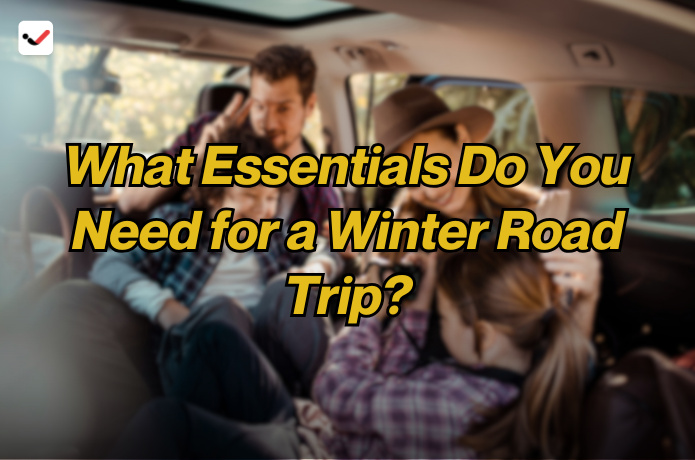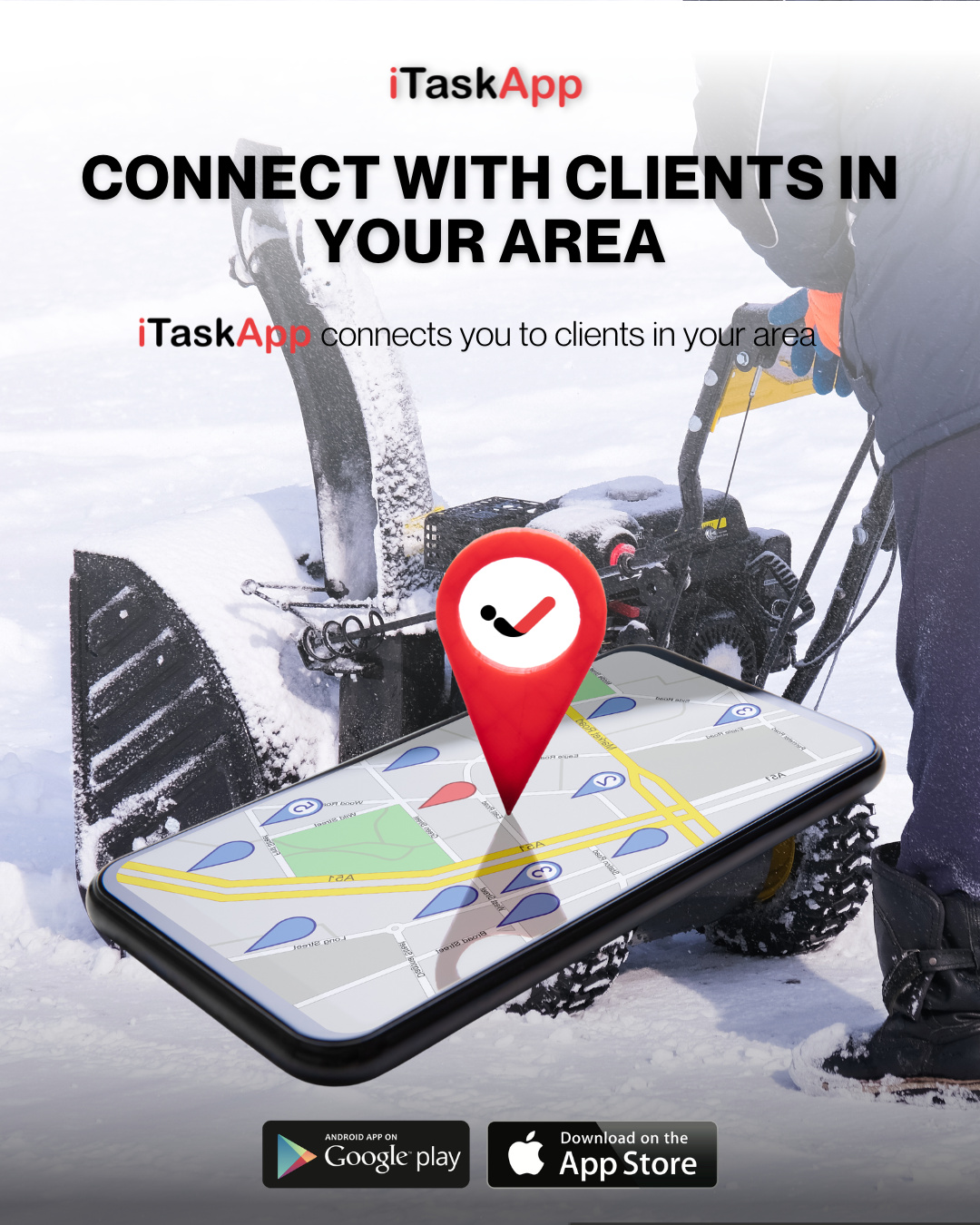What Essentials Do You Need for a Winter Road Trip?
What Essentials Do You Need for a Winter Road Trip?

Winter road trips can be an unforgettable experience, filled with snowy landscapes and cozy moments by the fire. However, they require thorough preparation to ensure your journey is safe, comfortable, and enjoyable. Whether you’re heading to a ski resort, exploring a snowy national park, or visiting loved ones for the holidays, preparing for cold weather conditions is crucial.
From icy roads to unpredictable weather, winter travel presents unique challenges that demand careful planning. Packing the right gear and staying prepared for emergencies can make a significant difference. This guide will help you understand the essential items to bring on your winter road trip, ensuring you have a safe and enjoyable adventure.
Vehicle Preparation
Winter Tires and Chains
Driving in snowy or icy conditions demands proper traction. Equip your car with winter tires designed to handle cold temperatures and provide a better grip on slippery roads. Snow chains are another must-have, especially if you're traveling through mountainous or heavy snow regions. They offer extra stability when roads are covered in ice.
Emergency Car Kit
Carry a winter-specific emergency kit in your vehicle. This kit should include jumper cables, a tire repair kit, a portable air compressor, and a sturdy ice scraper. Don’t forget a snow shovel to clear any snow blocking your vehicle and a bag of sand or kitty litter for added traction in case your car gets stuck.
Clothing and Gear
Layered Clothing
Pack warm, layered clothing to combat freezing temperatures. Include thermal base layers, insulated jackets, waterproof pants, and woolen accessories like hats, gloves, and scarves. Layers allow you to adjust your outfit according to varying temperatures throughout the day.
Sturdy Footwear
Invest in insulated, waterproof boots that provide excellent traction. Slippery conditions are common during winter, and sturdy footwear helps prevent falls. Bring extra pairs of wool socks to keep your feet warm and dry.
Essential Supplies
Food and Water
Stock up on non-perishable, high-energy snacks such as granola bars, nuts, and dried fruits. Bring enough bottled water to stay hydrated throughout your trip. In extremely cold weather, water can freeze, so consider insulated bottles to prevent this.
Blankets and Sleeping Bags
Carry thermal blankets or sleeping bags rated for sub-zero temperatures. These are invaluable in case of emergencies, such as your car breaking down or getting stuck in a remote area. Heated blankets that plug into your car's power outlet are also a great addition.
Navigation Tools
GPS and Maps
A reliable GPS device or app is essential for navigating unfamiliar areas. However, winter weather can disrupt digital signals, so always carry a physical map of the region as a backup. Familiarize yourself with alternative routes in case of road closures due to snow or ice.
Weather Updates
Monitor weather forecasts for your route using weather apps or websites. This helps you avoid unexpected storms or severe conditions. Keep an emergency weather radio on hand for updates in areas with poor cell service.
Safety Essentials
First Aid Kit
Include a comprehensive first aid kit that covers basic medical needs. Ensure it contains items like bandages, antiseptics, pain relievers, and any personal medications you may require during the trip.
Flashlights and Batteries
Pack a high-quality flashlight and extra batteries. A headlamp is another useful tool, allowing you to work hands-free in low-light conditions. LED options are energy-efficient and provide long-lasting brightness.
Entertainment and Comfort
Road Trip Entertainment
Long hours on the road can get monotonous. Bring along books, audiobooks, or download playlists and podcasts to keep everyone entertained. For family trips, consider travel-friendly board games or cards to pass the time.
Comfort Items
To make the journey more enjoyable, pack travel pillows, neck rests, and a small travel blanket for passengers. A thermos filled with hot coffee or tea can also add a cozy touch to your trip.
Tips for Safe Driving in Winter
Reduce Speed: Icy roads reduce traction, so drive at a slower speed than usual.
Maintain Distance: Keep a greater distance between your car and others to allow for longer stopping times.
Brake Gently: Sudden braking can cause skidding. Instead, brake gently and steadily to maintain control.
Use Low Beams: During snowfall or fog, use low-beam headlights for better visibility.
Emergency Planning
Communication Plan
Share your route and estimated arrival time with someone you trust. In case of an emergency, this person can alert authorities if they don’t hear from you.
Roadside Assistance
Ensure you have roadside assistance coverage. Many services provide help with towing, fuel delivery, and other emergencies. Keep their contact information handy in case you need it.
A winter road trip is a fantastic way to embrace the beauty of the season, but it requires careful planning and preparation. Ensuring your car is winter-ready, packing the right gear, and staying informed about weather and road conditions are key to a safe journey. By following these tips and having the right essentials on hand, you can focus on enjoying the scenic views and memorable experiences that come with winter travel. Stay safe and have a wonderful adventure!

